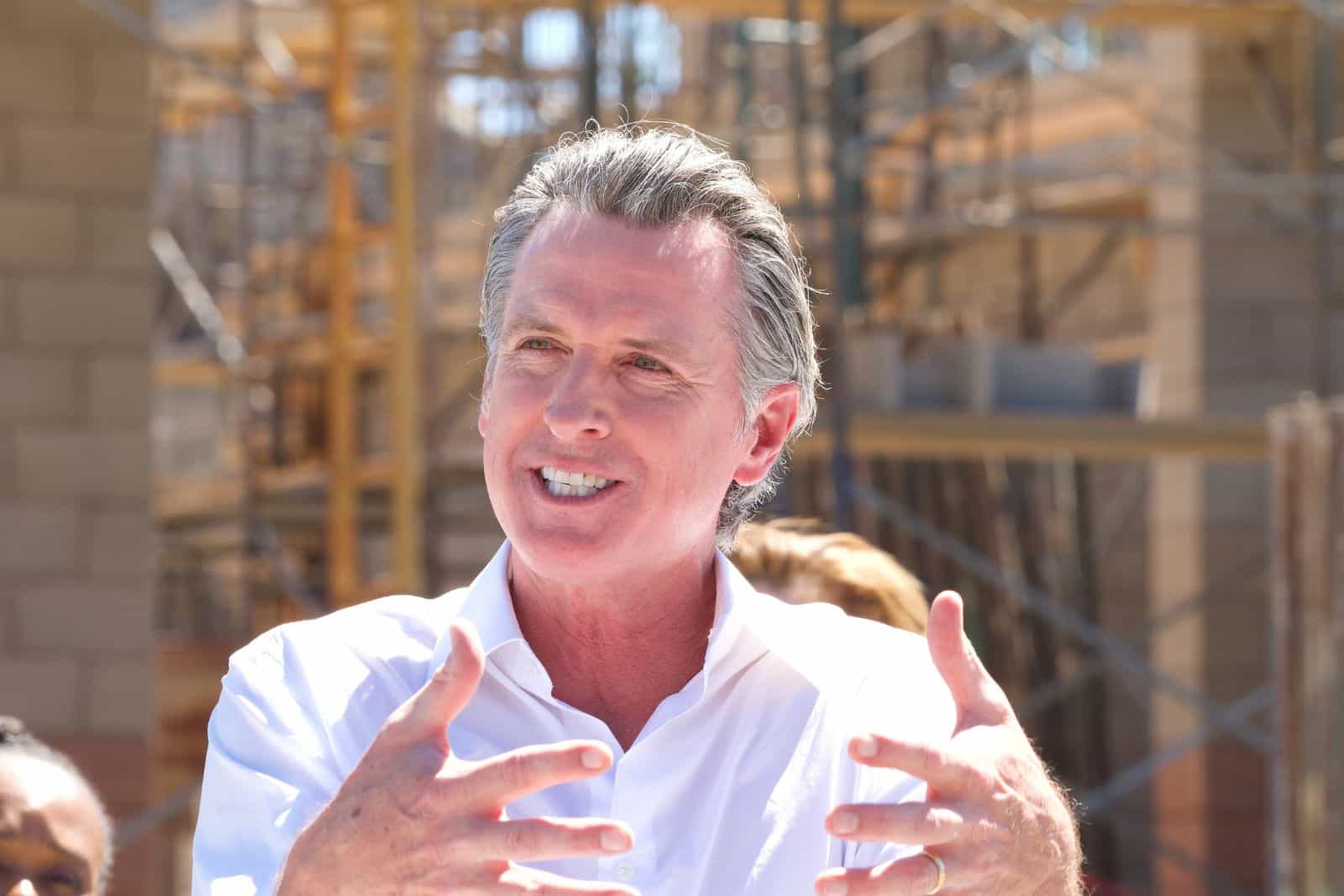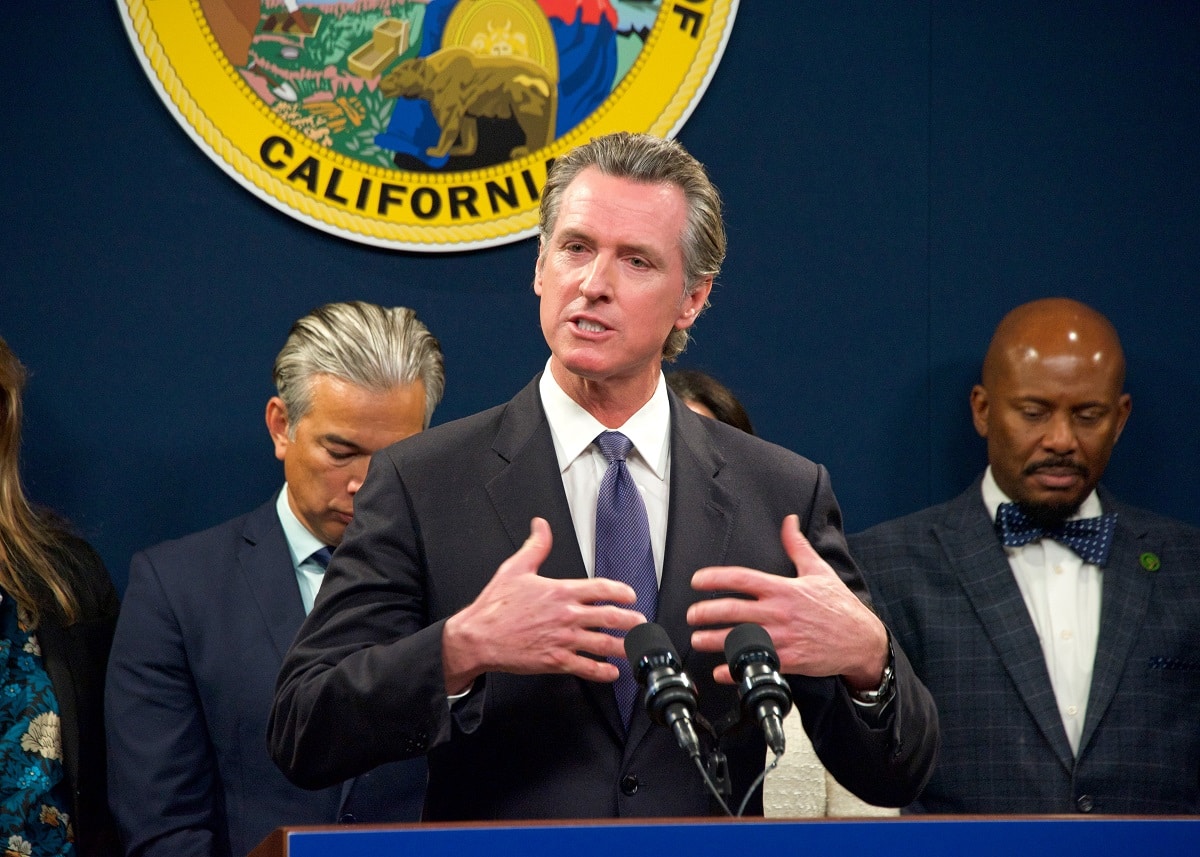A new bill signed by Governor Gavin Newsom has required media literacy to be added to the K-12 curriculum in California schools.
Media Literacy Concepts to Be Taught in California Starting 2024

Starting in January of 2024, California children will receive a new kind of education: media literacy. Governor Gavin Newsom signed Bill No. 873 into law to be effective beginning next year.
Concepts Will Be Added to Existing Courses

The bill requires mathematics, science, and history-social science classes to have a media literacy component.
Bill Sponsor Says It Exists to “Support Our Children”

Marc Berman, a Democratic assembly member, introduced the bill. He called it a “key strategy to support our children.”
Children Are “Inundated With Misinformation”

“Teaching media literacy is a key strategy to support our children, their families, and our society that are inundated with misinformation and disinformation online networks and digital platforms,” Berman said.
The Consequences of Fake News

The statement also addressed the consequences of misinformation.
“What Happens Online Can Have Terrifying Impacts”

“As we’ve seen too often in the last decade, what happens online can have the most terrifying of real-world impacts,” it read.
“From climate denial to vaccine conspiracy theories to the January 6 attack on our nation’s Capital, the spread of online misinformation has had global and deadly consequences.”
California Joins as Fourth State to Require Media Literacy Education

Three other states already have media literacy requirements in their K-12 curriculums: New Jersey, Delaware, and Texas.
“This Stuff Doesn’t Just Live Online”

“Rather than it being a standalone media literacy course, we want students to be taught media literacy concepts throughout these other courses,” said Berman. “This stuff doesn’t just live online. It has real-world consequences.”
Misinformation Causes Many Real-World Issues

Berman also addressed climate change deniers, anti-vaxxers, and the January 6 Capitol riots. “A lot of these real-world events initially are precipitated by misinformation and disinformation online,” he said.
“This Is About Making Sure Our Young People Have the Skills They Need”

“I’ve seen the impact that misinformation has had…how it affects the way people vote, whether they accept the outcomes of elections, try to overthrow our democracy. This is about making sure our young people have the skills they need to navigate this landscape,” said Berman.
Advocacy Group Pushes for Media Literacy

Erin McNeil, founder and CEO of Media Literacy Now, is working to increase awareness of online misinformation and disinformation and advocates for media literacy policies to be put into place at the state and federal levels.
“I Think We’re Really Starting to See a Tipping Point”

“I think we’re really starting to see a tipping point where people see regular people, parents, legislators, policymakers, people across the board are taking steps to make it happen,” McNeil said.
California Law Does Not Cover All Expert Suggestions

Media Literacy Now advocates include training for teachers, implementing an advisory committee, and having librarians weigh in on media literacy curriculums, which the new California law does not require.
But Berman said the bill was kept simple to ensure it would pass.
Students Will Learn to Spot Fake News

The media literacy concepts being taught will include information on recognizing fake news and thinking critically about what students read online.
Most Young People Turn to Internet for News

The new law aims to address the fact that many young people obtain their news and information from online sources, and not all of them have the media literacy tools to discern what is true and false.
Growing Number of Americans Distrust Media

According to a survey from Pew Research Center in 2022, adults under 30 are almost as likely to believe what they read online as what they read from actual news outlets.
The survey showed that a mere 7% of adults trust the media “a great deal.”
The post New California Law Aims to Equip Students with Skills to Navigate Online Misinformation first appeared on Wealthy Living.
Featured Image Credit: Shutterstock / Sheila Fitzgerald. The people shown in the images are for illustrative purposes only, not the actual people featured in the story.





